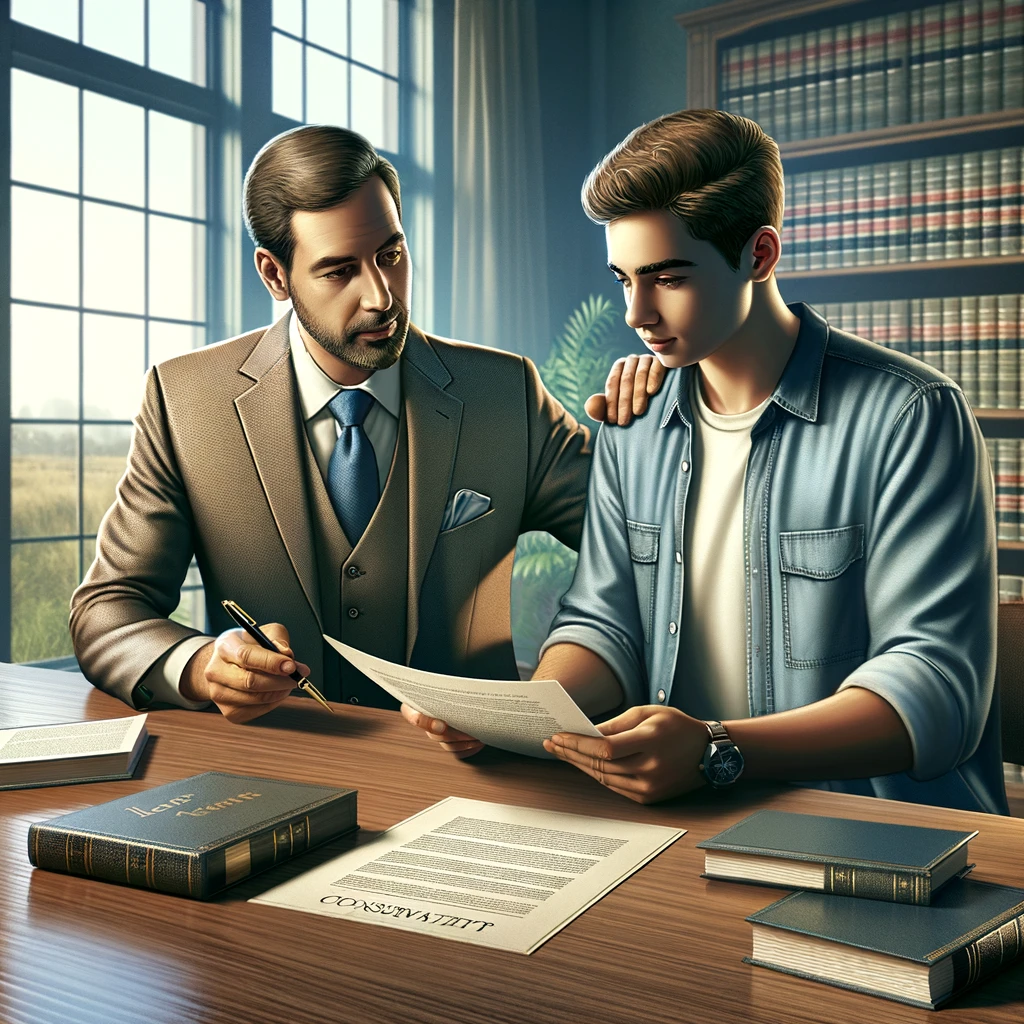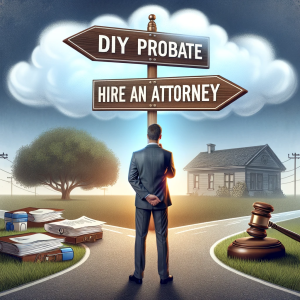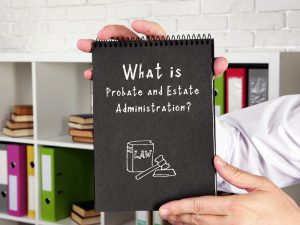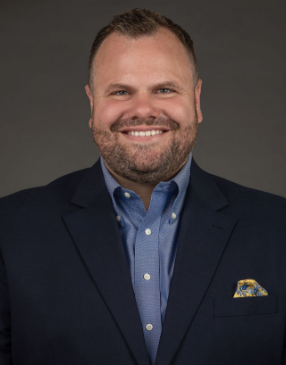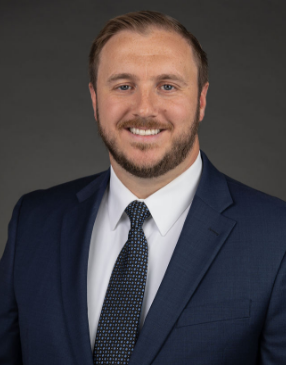A conservatorship is a legal arrangement in which a court appoints a responsible individual to make decisions and manage the affairs of another person who is unable to do so independently. This legal concept is designed to protect individuals who are deemed to be incapable of managing his or her affairs or incapable of caring for himself or herself. Individuals who have been subjected to financial abuse or are at risk of financial or elder abuse may best be cared for under a conservatorship. Conservatorships are established through a court process and are often necessary when someone faces physical or mental health challenges that hinder their ability to make sound decisions.
The Two Types of Conservatorships:
Conservatorship of the Person grants authority to the appointed individual (the conservator) to make decisions related to the personal well-being and daily life of the incapacitated person. This may include decisions about healthcare, living arrangements, and other personal matters.
Conservatorship of the Estate gives the appointed conservator control over the financial matters and assets of the incapacitated individual. This can include managing bank accounts, paying bills, handling investments, and making financial decisions on behalf of the conserved.
These positions can be filled by one person or a separate person for each duty. Courts prefer to appoint close family in these roles but if there is a conflict of interest or breach of trust or duty, the court may appoint a third-party, such as an attorney to fill one or both roles. Depending on the circumstances, an individual may need only one or both types of conservatorships.
The Two Types of Applications:
The appointment of a conservator can occur through either voluntary or involuntary application to the Probate Court, depending on the circumstances and the capabilities of the individual involved.
Voluntary Conservatorships are appointed with the consent of the individual to be conserved. The proposed conserved person willingly agrees to the appointment of the person to be appointed conservator. This may occur when an individual recognizes their own limitations, either due to aging, illness, or other factors, and decides to proactively appoint someone to manage their affairs. While the individual voluntarily agrees to the conservatorship, the appointment still requires court approval. The court will assess the individual’s capacity to understand the implications of the conservatorship and ensure that their rights are protected. A future conservator can be nominated in a thoughtfully crafted estate plan to ensure you are protected if the need arises.
Involuntary Conservatorships are petitioned to the court, by a qualified individual, who can show medical documentation demonstrating the proposed conserved person’s need for assistance and their lack of capacity to make decisions. The court will assess the proposed conserved person’s capacity and the applicant’s capabilities and intentions in being appointed to ensure that the rights of the proposed conserved person are protected. If an individual has drafted an Appointment of Conservator in their estate planning documents, that named individual should be the applicant for Conservator. The court will hold a hearing and consider many factors when determining whether an involuntary conservatorship should be appointed and qualified legal counsel can greatly assist you in this process.
Why Petition for Conservatorship:
Conservatorships are designed to be a protective measure, ensuring that someone who is unable to care for themselves or manage their affairs has a responsible and trustworthy individual overseeing their well-being and financial matters. However, the establishment of a conservatorship represents a significant legal intervention in an individual’s life, and it is generally pursued when less restrictive alternatives, such as powers of attorney or advance healthcare directives are not sufficient to meet a person’s needs.
If an individual is experiencing cognitive decline due to age, illness, or injury, they may require someone to make decisions on their behalf. Some signs that a loved one is in need of assistance may be; bill payments falling behind despite having the money, investments or funds for long term care being spent or given away carelessly, their home or health being neglected, or falling victim to a financial scam or elder abuse. Alternatively, an illness or accident can suddenly cause cognitive impairment that requires drastic changes in lifestyle and long-term care planning.
Oftentimes these adults are at risk of being abused, exploited, or considered a danger to themselves, and conservatorship is the best way to protect them and their assets. Conservatorships can allow a concerned family member to assist and protect a loved one from these dangers once an individual has lost the capacity to do so themselves.
Responsibilities of a Conservator:
When appointed as a conservator, whether of person, of estate or both, the conservator takes on significant responsibilities. As a conservator of the estate you are the fiduciary for someone. You are responsible for acting in their best interest financially, managing their money, expenses and investments and reporting to the court periodically. A financial accounting is due each year and is an exhaustive list of their financial status including income, interest, expenses, and payments made.
As a conservator of the person, you are responsible for making informed decisions regarding medical treatment, living arrangements, and emotional wellbeing. You will make the decisions on medical treatment they seek or do not, assisted living arrangements, and at times who they can and cannot see or even marry. It is vital to maintain a strong and open relationship with the conserved to understand the influences in their life and their desires to the best that you can.
These responsibilities and the lack of autonomy can create an emotional strain on you and your relationship with your loved one. Managing the personal affairs of a loved one can be emotionally taxing, time consuming and divisive among family. All the while, the conservator is responsible for navigating the legal intricacies of conservatorships through the probate court, will be required to attend hearings, and file paperwork to ensure compliance with Connecticut’s laws and regulations.
How an Attorney Can Assist You:
Securing the services of an experienced attorney during the conservatorship petition process and throughout your conservatorship can be vital to a successful relationship with the Probate Court and your loved one in need. At Doyon & White, our attorneys understand the nuances of an application for conservatorship in Connecticut and have successfully applied for involuntary conservatorships in a variety is pressing situations. We can act as your dedicated advocate and manage the front lines of the legal process so you can focus on the needs of your loved one. A qualified attorney can also protect you from legal pitfalls and fiduciary missteps that could lead to litigation, fees and expenses or removal as conservator.
At Doyon & White Law Group, we understand the delicate nature of conservatorship proceedings and the impact they can have on families. If you find yourself in a situation where petitioning the probate court for a conservatorship is necessary, trust our experienced attorneys to guide you through the process with compassion and expertise. You and your loved one’s well-being is our priority.
Disclaimer: The information provided in this blog is for general informational purposes only and should not be considered legal advice. Reading this blog does not create an attorney-client relationship with Doyon & White Law Group, PLLC or its attorneys. We make no warranties regarding the accuracy or completeness of the information. Any reliance on the content is at your own risk. For specific legal advice tailored to your situation, please consult with a qualified attorney. Doyon & White Law Group, PLLC and its authors are not liable for any damages or losses resulting from the use of this information.

